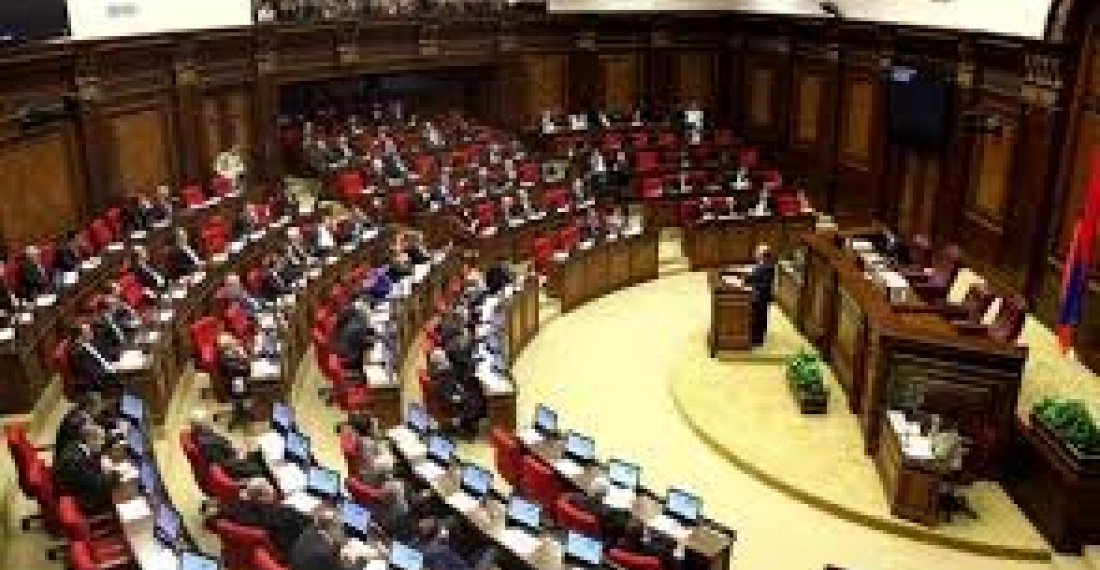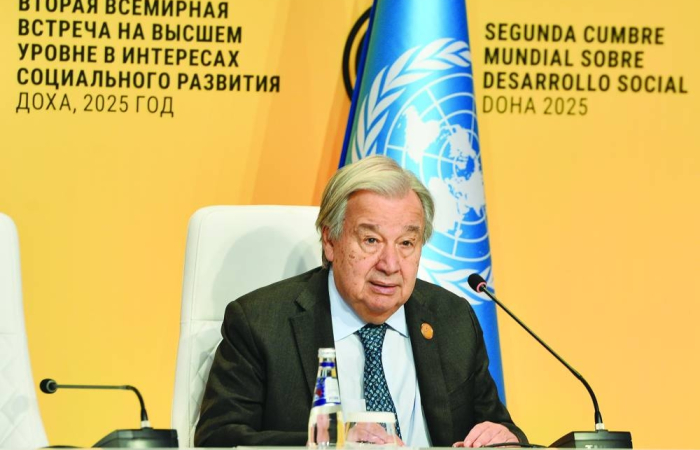Парламент Армении в четверг (6 февраля) принял постановление о проведении референдума о будущем Конституционного суда. Это последовало за противостоянием, которое длилось неделями между правительством и действующим председателем Конституционного суда.
За законопроект проголосовали 88 депутатов, 15 против.
Депутаты «Процветающей Армении» воздержались от голосования.
Согласно статье 202 Конституции Армении, если парламент Армении не принимает проект поправок к Конституции, он может быть вынесен на референдум решением, принятым не менее чем 3/5 от общего числа депутатов.
В общей сложности 44 депутата от правящего блока «Мой шаг» представили проект закона о внесении изменений в Конституцию Армении, согласно которому полномочия членов ЦК, избранных до апреля 2018 года, приостановлены.
Когда референдум состоится, пока не ясно, но политические обозреватели считают, что он наверняка станет вотумом доверия премьер-министру Никол Пашиняну и его правительству.
источник: commonspace.eu по материалам агентств






